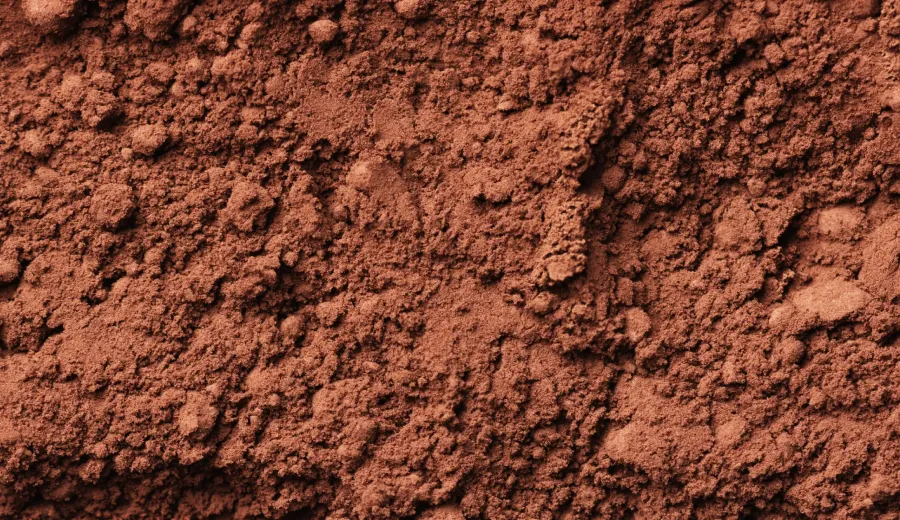
For businesses looking for top-quality cacao powder, Nutrada offers access to reputable cacao powder suppliers of both natural and alkalized powders. Our platform helps you source the right type and fat content for your applications, whether you’re in baking, beverages, or wellness. Find cacao suppliers who can meet your specifications and delivery needs with ease.
Cacao powder is a finely ground ingredient derived from cacao beans, which undergo a meticulous process of fermentation, drying, and roasting. It's rich in flavor and packed with antioxidants, making it a crucial component for a variety of culinary applications, from chocolate-making to baking.
Cacao powder comes in different forms, each tailored to meet various production needs:
For a more detailed explanation on the differences between Alkalized vs Non Alkalized Cocoa Powder we have dedicated a full article on our blog on this subject.
In addition to cacao powder, businesses can also source a variety of other cacao products, including cacao nibs, cacao beans, cacao paste, and cacao butter. These products complement cacao powder and offer additional options for culinary applications in the food industry.
Cacao powder can be sourced from various cacao bean types, each contributing unique flavors:
For a more in-depth explanation on the varieties, you can read our 'cocoa varieties' blog article.
The cacao powder market has seen significant growth, largely driven by increasing consumer demand for health-oriented products. According to a report by Grandview Research, the global cacao market reached $23.66 billion in 2023, and is projected to grow at a compound annual growth rate (CAGR) of 6.10% from 2024 to 2030. This growth underlines the rising interest in products like organic cacao powder and cacao powder private label offerings.
Cocoa prices on the other hand are rising during the last few years. We therefore advise to read our cocoa prices article to find out the latest news on market developments.
Nutrada connects B2B companies with reputable cacao powder manufacturers who adhere to quality standards. When selecting a supplier, consider their certifications, production methods, and ability to provide samples for quality assessment. This diligence ensures you choose a partner that aligns with your business goals.
By choosing Nutrada as your sourcing partner, you gain access to an extensive network of suppliers offering high-quality cacao powder wholesale products. With a focus on product forms, varieties, and evolving market trends, we can help you make informed decisions to elevate your product offerings. Whether you're interested in bulk purchasing or private label options, Nutrada is committed to supporting your business's growth in the cacao powder market.
Purchasing cacao powder in bulk can help B2B companies manage costs efficiently. Businesses benefit from economies of scale while ensuring they have sufficient stock to meet demand. Bulk cacao powder often comes at a reduced price per unit, allowing manufacturers to optimize their profit margins.
Consider leveraging the private label market with cacao powder private label options. Collaborating with established cacao powder manufacturers allows your business to create customized products under your brand. This strategy not only diversifies your offerings but also enhances brand recognition in a competitive marketplace.